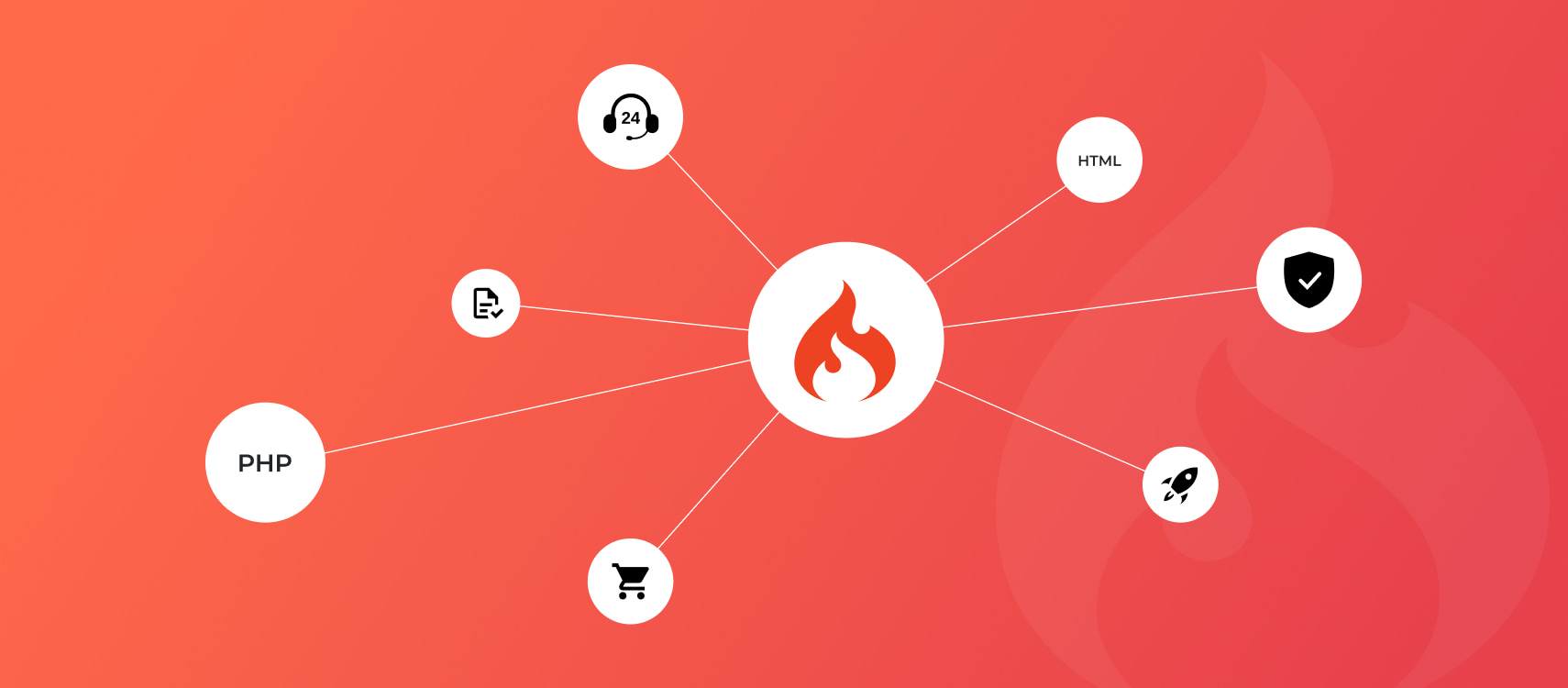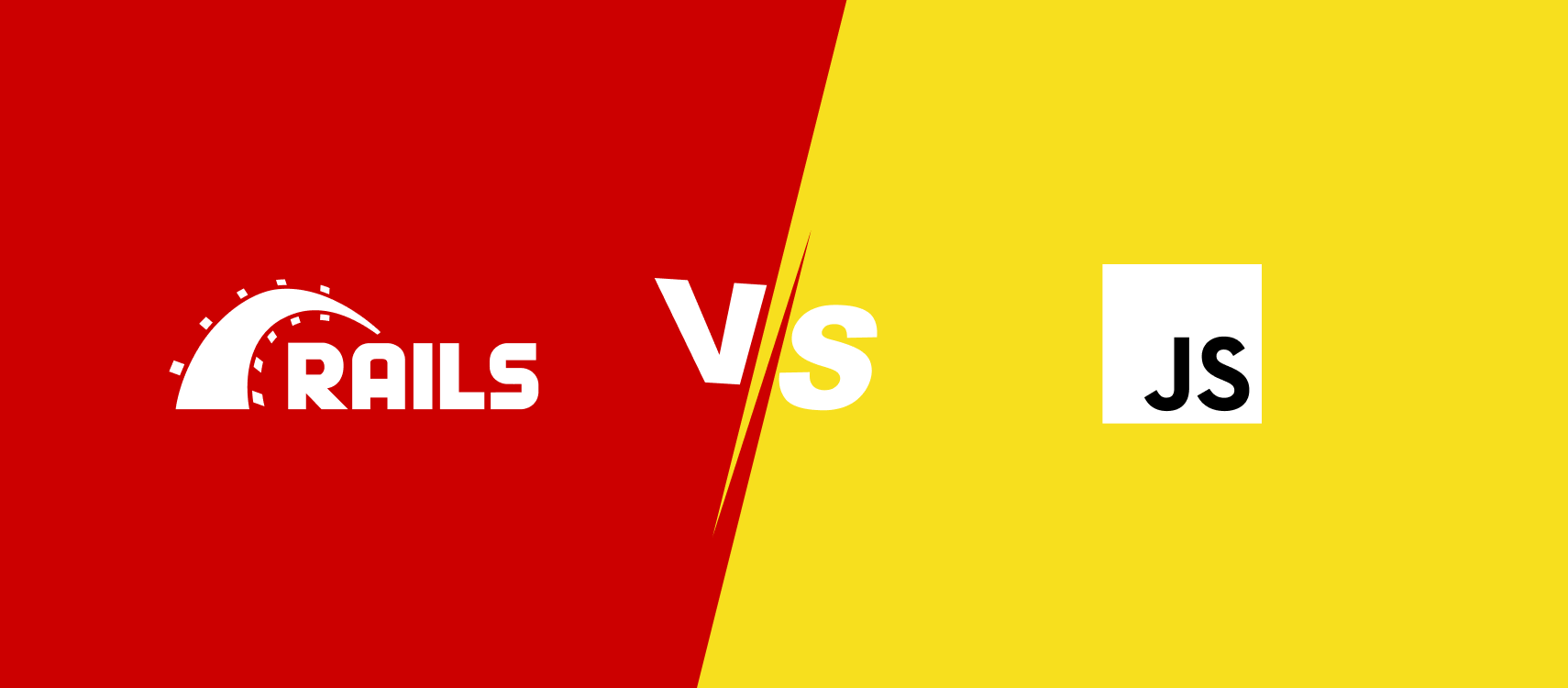Table of Contents
- Lightweight Architecture
- Simple and Intuitive Syntax
- Documentation & Community
- High Performance and Scalability
- Database Abstraction and ORM Support
- Form Validation and Security
- Error Handling and Logging
- Summarising
In the ever-evolving landscape of web development, PHP has remained a popular choice among developers due to its flexibility and ease of use. When it comes to PHP frameworks, CodeIgniter stands out as a powerful tool that simplifies the web development process. With its lightweight and straightforward approach, CodeIgniter web development empowers enterprises to create robust and scalable web applications more efficiently.
In this blog post, we will explore the various features and benefits of CodeIgniter that make it an excellent choice for PHP web developers.
Lightweight and Minimalistic Architecture
One of the key advantages of hiring CodeIgniter development services is the lightweight and minimalistic architecture of the framework. Unlike other PHP frameworks, CodeIgniter does not impose a rigid structure or heavy overhead on the developer. It provides a small footprint, making it ideal for developing applications that require speed and efficiency. This lightweight nature enables developers to build applications swiftly without sacrificing performance
CodeIgniter follows the Model-View-Controller (MVC) architectural pattern, which promotes a clear separation of concerns. The model handles data manipulation and business logic, the view presents the user interface, and the controller manages the flow of data between the model and view. This separation enhances code readability, reusability, and maintainability, enabling developers to work collaboratively on large projects.
Simple and Intuitive Syntax
CodeIgniter web development services are hired for leveraging simple and intuitive syntax, which greatly facilitates PHP development. It provides a comprehensive set of libraries and helper functions that simplify common tasks, such as database interaction, form validation, and file handling. These libraries allow developers to accomplish complex functionalities with minimal code, reducing development time and effort.
Furthermore, CodeIgniter adopts a convention-over-configuration approach, meaning that it follows sensible defaults while still offering customization options when needed. This approach reduces the need for extensive configuration, enabling developers to focus more on writing business logic and application-specific code. The framework’s clear and consistent syntax also enhances code readability, making it easier for developers to understand and maintain the codebase.
Extensive Documentation and Community Support
CodeIgniter benefits from a vast and active community of developers who contribute to its growth and support. The framework has comprehensive documentation that covers every aspect of development, including detailed explanations, examples, and tutorials. This documentation acts as a valuable resource for both beginners and experienced developers, enabling them to quickly grasp the framework’s concepts and features.
The CodeIgniter community actively participates in forums, mailing lists, and online communities, providing assistance and sharing insights. This community-driven support fosters knowledge exchange, troubleshooting, and collaboration, making it easier for developers to overcome challenges and learn from one another.
High Performance and Scalability
CodeIgniter’s focus on speed and performance makes it an excellent choice for building high-performance web applications. The framework employs a caching system that reduces the load on the server and enhances response times. By caching database query results, web pages, and other computationally expensive operations, CodeIgniter minimizes the need for repetitive computations, resulting in faster application performance.
CodeIgniter allows developers to scale their applications effortlessly. Its modular approach and flexible architecture make it easy to add or remove features based on project requirements. Developers can leverage the framework’s powerful extension mechanism to integrate third-party libraries and plugins seamlessly. This extensibility enables developers to enhance the functionality of their applications without compromising performance or stability.
Database Abstraction and ORM Support
CodeIgniter offers powerful database abstraction and Object-Relational Mapping (ORM) support, simplifying database operations in web development. The framework provides a consistent API for interacting with databases, allowing developers to write database-agnostic code. This abstraction layer enables seamless switching between different database systems, such as MySQL, PostgreSQL, SQLite, and Oracle, without requiring extensive code modifications.
CodeIgniter includes an ORM library called Active Record that simplifies database operations by providing a higher-level interface. With Active Record, developers can perform tasks like querying the database, inserting or updating records, and handling relationships using a straightforward syntax. This eliminates the need for manual SQL queries, reducing development time and the likelihood of SQL-related errors.
Form Validation and Security
Validating user input is crucial for ensuring the security and integrity of web applications. CodeIgniter offers a robust form validation library that simplifies the process of validating user-submitted data. The library provides a wide range of pre-built validation rules, such as required fields, email validation, numeric constraints, and custom callback functions. Developers can easily apply these rules to form inputs, ensuring that the submitted data meets the desired criteria.
In addition to form validation, CodeIgniter includes built-in security features to protect web applications from common vulnerabilities. It automatically applies output encoding and data filtering to prevent Cross-Site Scripting (XSS) attacks. The framework also provides Cross-Site Request Forgery (CSRF) protection by generating and verifying unique tokens for each form submission. These security measures alleviate the burden of implementing security features manually, making web applications more resilient against malicious exploits.
Error Handling and Logging
Efficient error handling and logging are crucial for identifying and resolving issues in web applications. CodeIgniter offers a comprehensive error handling mechanism that captures and displays detailed error messages during development. Developers can easily enable or disable error reporting based on the application’s environment, ensuring that sensitive information is not exposed in production.
CodeIgniter also provides a flexible logging system that allows developers to track and store application logs. By logging critical events, errors, and debugging information, developers can monitor the application’s behavior and diagnose issues more effectively. The framework supports various log storage options, including writing logs to files, sending logs to databases, or integrating with third-party logging services. This logging functionality simplifies the troubleshooting process and aids in maintaining the stability and performance of web applications.
Summarising
CodeIgniter emerges as an invaluable tool for PHP developers seeking a lightweight, efficient, and versatile framework for web development. Its minimalistic architecture, simple syntax, extensive documentation, community support, high performance, scalability, and built-in security features contribute to its popularity among developers.
With CodeIgniter, PHP developers can streamline their workflow, accelerate development cycles, and deliver top-quality web applications. As the web development landscape continues to evolve, CodeIgniter remains a reliable choice for PHP enthusiasts, enabling them to navigate the ever-changing requirements of the digital world.










